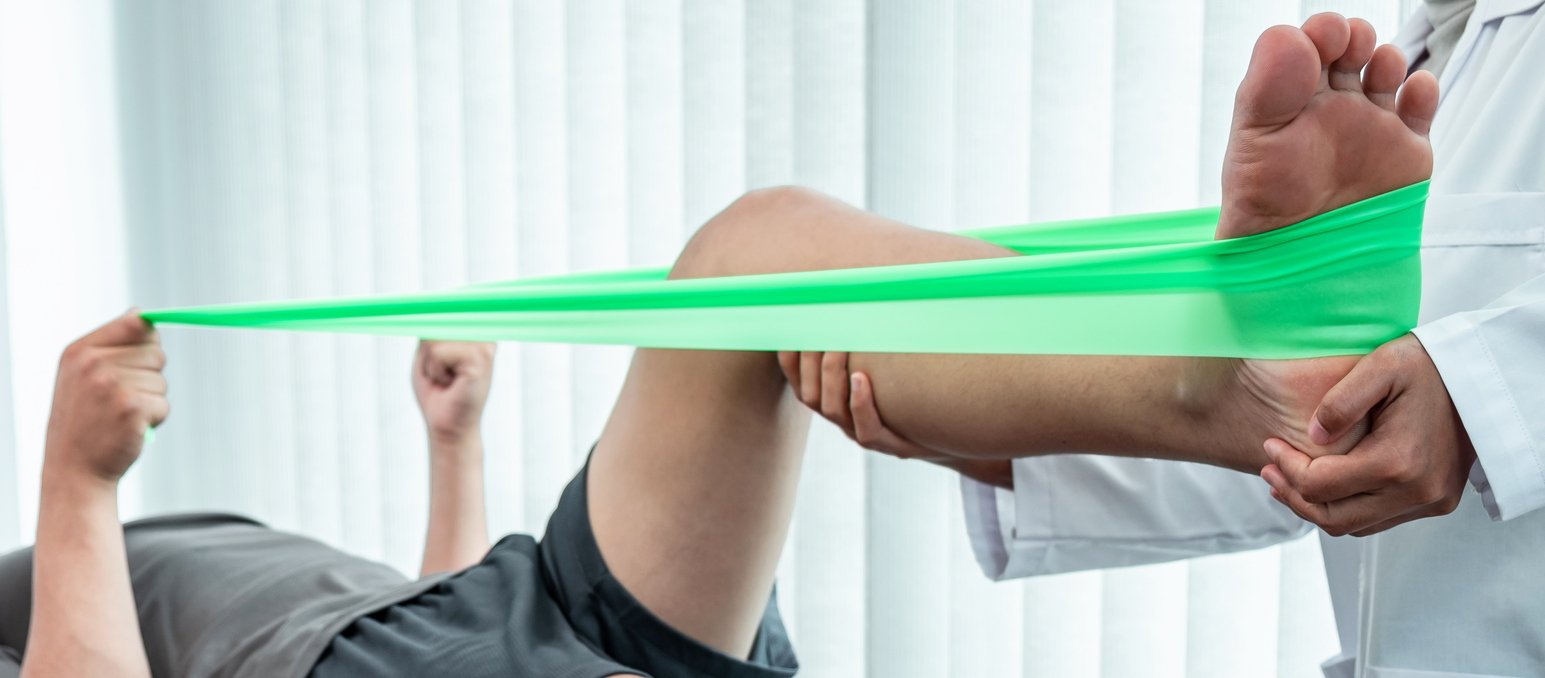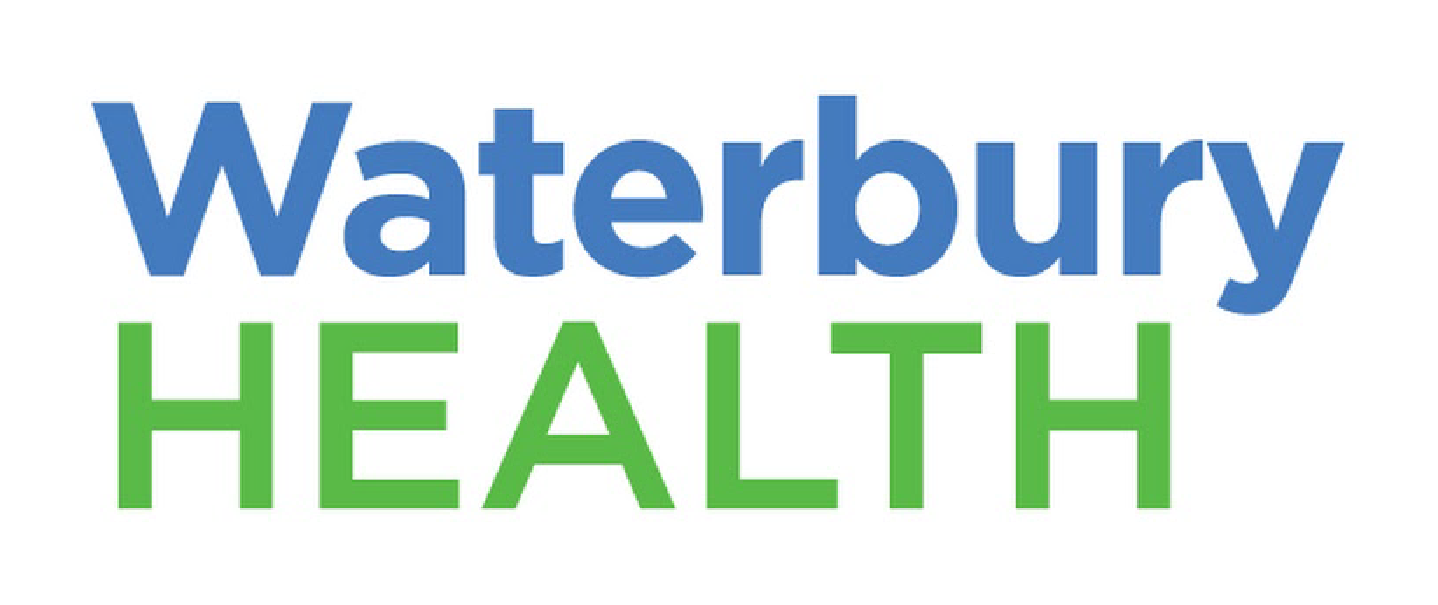Silent Signs of Weak Bones: How to Spot Trouble Before It’s Too Late
Bone health issues like osteoporosis often go unnoticed until a serious injury, such as a fracture occurs. But your body may be giving you subtle clues that your bones are getting weaker. In this article, we’ll explore the early warning signs of weak bones, why they matter, and when you should talk to your doctor about your bone health.
Why Early Detection Matters
Weak bones can lead to fractures, chronic pain, and a reduced quality of life. The sooner you spot the signs of low bone density, the easier it is to take action to strengthen your bones and prevent osteoporosis. Knowing the early symptoms of bone loss could help you avoid future complications and stay active longer.
Silent Signs of Weak Bones
- Loss of Height: If you’ve noticed you’re shorter than you used to be, it could be a sign of compression fractures in the spine due to bone loss. This is one of the common signs of osteoporosis in older adults.
- Back or Neck Pain: Unexplained pain in your back or neck could be caused by tiny fractures in your vertebrae. These fractures can happen slowly over time as bones weaken.
- Receding Gums: Your jawbone supports your teeth, so bone loss in the jaw can cause gums to recede. Dentists may be the first to spot early signs of weak bone density.
- Brittle Nails: Frequent nail breakage can sometimes signal poor bone health. While not a direct cause, it may be a clue worth noting if you also have other symptoms.
- Weaker Grip Strength: Losing strength in your hands or having trouble with everyday tasks like opening jars may be linked to low bone density and overall muscle weakness.
- Fractures from Minor Falls: If you’ve broken a bone from a small fall or bump, it could indicate that your bones aren’t as strong as they should be.
If you think you may have weak bones, give us a call at (203) 758-1004 and we can do a bone density screening and help manage your potential osteoporosis!
Related Articles
-

Understanding Overuse Injuries: Causes, Symptoms, and Prevention
-

Recover Stronger: How Access Rehab Helps You Heal Before and After Joint Replacement Surgery
-

The ACL Playbook: Understanding, Preventing & Recovering from Knee Injuries
-

Back-to-School Sports Injury Prevention: Tips for Parents, Coaches, and Student Athletes

